In a landmark case, Fengyun Shi, a Chinese graduate student, has pleaded guilty to charges under the Espionage Act for using a drone to photograph classified U.S. Navy vessels. This marks the first known conviction under a World War II-era statute prohibiting aircraft photography of sensitive military sites, as reported by The Verge.
The Drone Incident
Shi’s Legal troubles began in January 2024 when his drone became stuck in a tree near the Newport News Shipyard in Virginia. A suspicious neighbor alerted the Police, leading to Shi’s questioning and eventual fleeing from the scene, abandoning the drone.
FBI Investigation Uncovers Sensitive Images
The FBI’s examination of the seized drone revealed images of U.S. Navy ships, including next-generation aircraft carriers and nuclear submarines under construction at the Newport News Shipyard and nearby BAE Systems facilities. These vessels contain classified components, raising national security concerns.
Novel Application of the Espionage Act
Shi was charged with six misdemeanors under the Espionage Act, specifically violating a statute that bans the use of aircraft for photographing sensitive military sites. National security law expert Emily Berman noted the uniqueness of this case, stating:
“This appears to be the first known prosecution under a WWII-era statute banning the use of aircraft to photograph sensitive military sites.”
Guilty Plea and Potential Consequences
On July 12, 2024, Shi pleaded guilty to two counts of violating the statute. Each offense carries a potential sentence of up to one year in prison, a $100,000 fine, and an additional year of supervised release. The plea agreement also mentions the possibility of deportation, with an option for Shi to apply for asylum if he fears torture in China.
Unanswered Questions
Despite the guilty plea, many aspects of the case remain unclear. The Department of Justice has not accused Shi of acting as a spy, and his motives for taking the photographs are unknown. The plea agreement states that Shi acknowledges he had no “innocent reason” for his actions.
DroneXL’s Take
This case highlights the evolving challenges at the intersection of Drone Technology, national security, and individual rights. While the use of drones for aerial photography has become increasingly common, this prosecution serves as a stark reminder of the legal boundaries surrounding sensitive military installations.
The case also raises important questions about the application of decades-old laws to modern technology. As drones become more ubiquitous, it’s crucial for operators to be aware of restricted areas and potential legal consequences.
Moving forward, this precedent-setting case may prompt a reevaluation of drone regulations and their enforcement near critical infrastructure. It underscores the need for clear guidelines and public Education on responsible drone use to balance technological advancement with national security concerns.
Discover more from DroneXL
Subscribe to get the latest posts sent to your email.
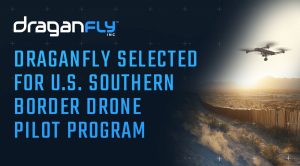
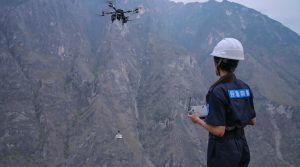


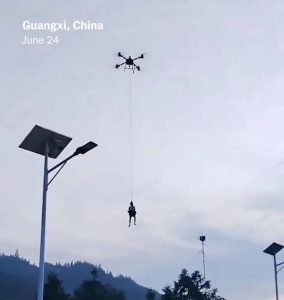
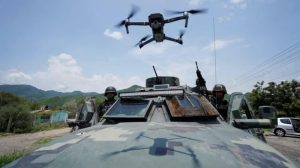

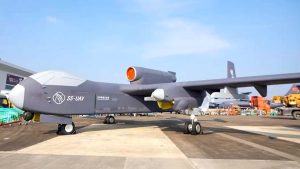
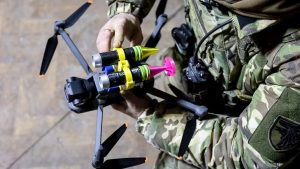


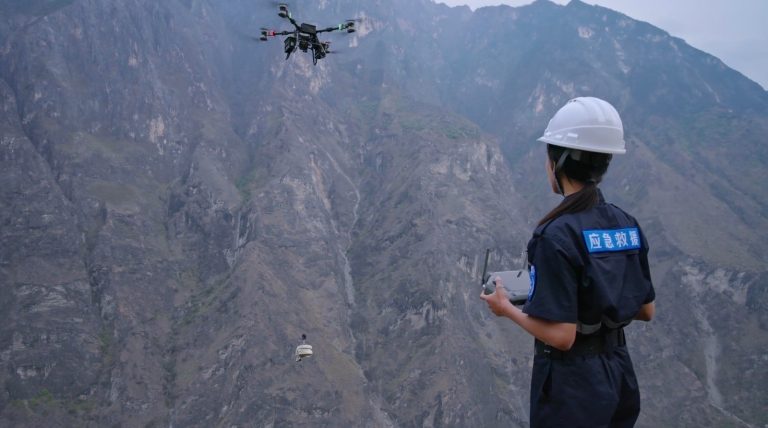
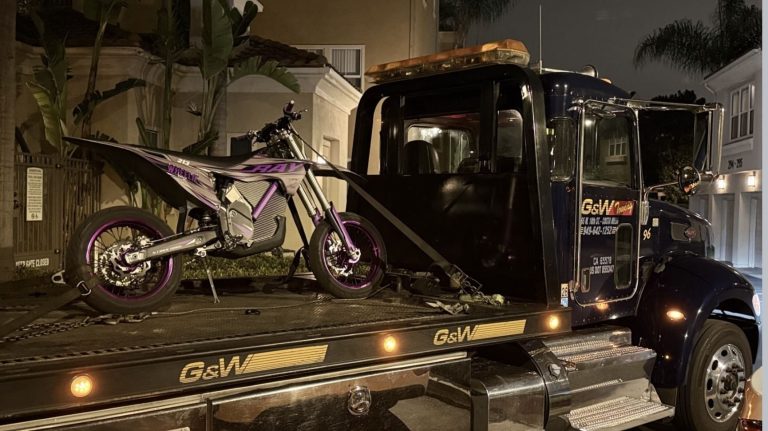
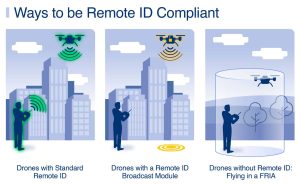
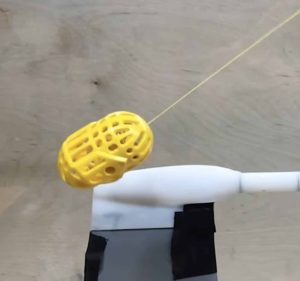

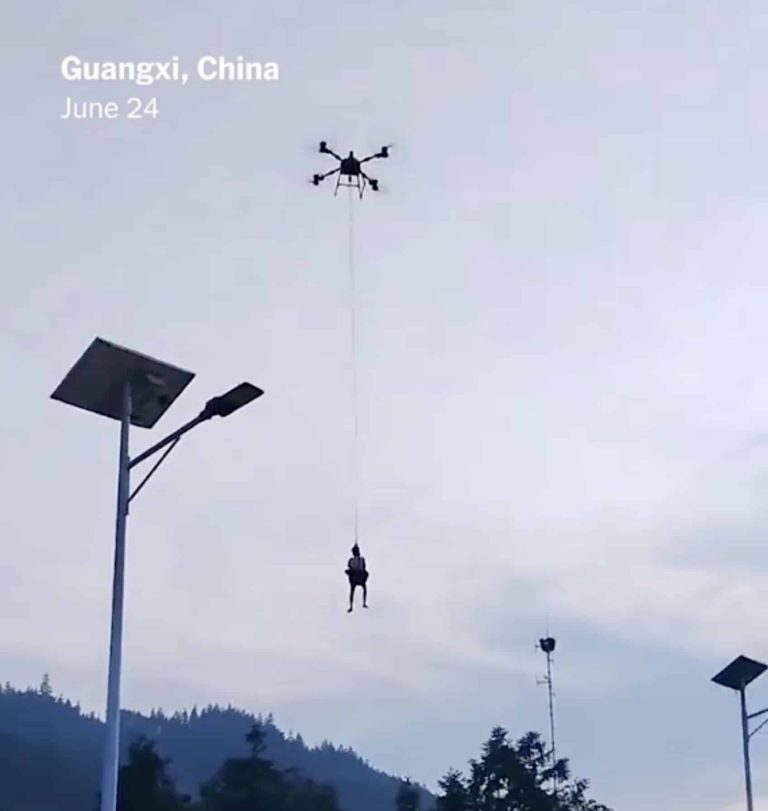
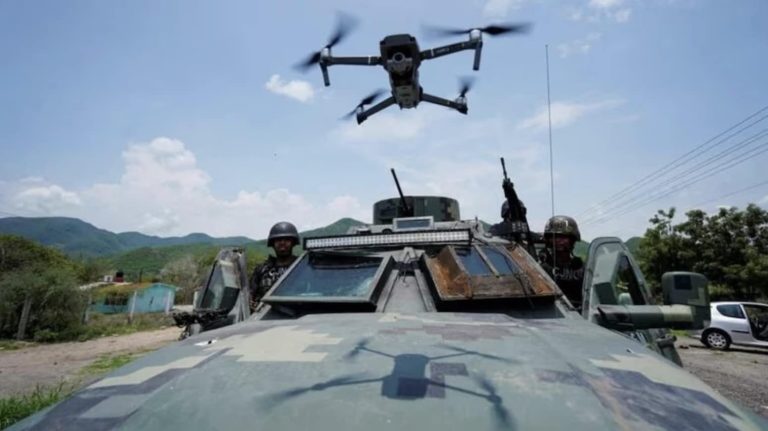

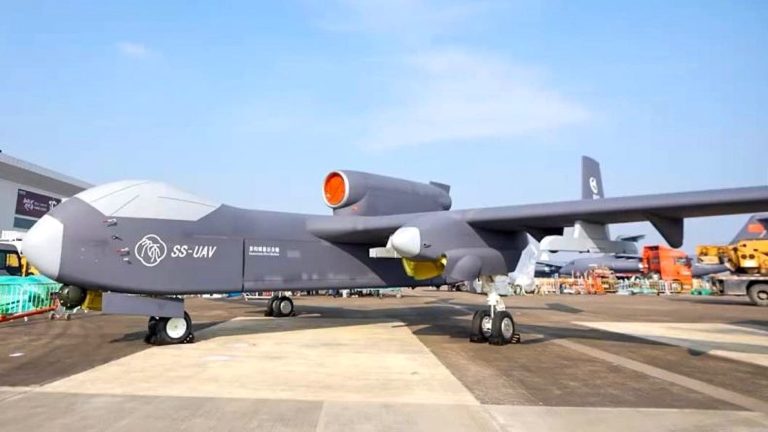
+ There are no comments
Add yours